You have no items in your bag
Choose Your Skincare Professional
Please select your authorized skincare clinic or professional.
Find your skincare provider
You may not have heard of phytoene and phytofluene — but chances are you’ve eaten them recently. These carotenoids (a class of phytonutrients or “plant chemicals”) are found in many fruits and vegetables. Think tomatoes, red grapefruits, bananas, peaches, avocados, red bell peppers, nectarines, watermelons, carrots, and apricots.
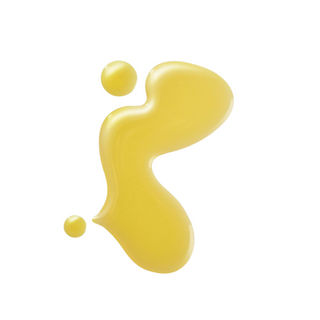
Pronounced phytoene (fie-toe-een) and phytofluene (fie-toe-flu-een), these powerful antioxidants are sometimes referred to as PT and PTF. While most carotenoids are known for their vibrant pigmentation, phytoene and phytofluene are colorless. Humans can’t make phytoene and phytofluene ourselves, but we can store them in our cells — specifically our skin cells.
Phytoene and phytofluene have a number of health benefits. Studies show that in food, the compounds may help protect against cardiovascular disease and some cancers, and they may be beneficial for your skin as well.
Carotenoids like phytoene and phytofluene have been used for centuries as a way to achieve glowing, ageless skin. The famous beauty Cleopatra reportedly used saffron as a natural form of phytoene and phytofluene in her skincare, while Indigenous Peoples of South and Central America have been using the carotenoid-rich annatto from the achiote tree.
What makes phytoene and phytofluene so powerful is that they play both offense and defense when it comes to anti-aging. Carotenoids have been shown to offer protection against oxidative damage (an aging process which wreaks havoc on the skin’s appearance). They also have been classified as a natural form of “photoprotectants,” meaning they may help to protect against the ravages of sun damage. The sun is responsible for 90 percent of visible changes to the skin, according to the Skin Cancer Foundation.
Phytoene and phytofluene may also help improve the appearance of aging skin. Studies show that they may help minimize the look of unwanted pigmentation, while helping with the appearance of fine lines and wrinkles, too.
These two carotenoids have many benefits for skin—especially when it comes to anti-aging. The benefits of phytoene and phytofluene for skin may include:
Help skin appear more even, smooth, hydrated, and elastic
Often derived from fruits, vegetables, or saltwater micro algae, phytoene and phytofluene on their own are safe enough even for human consumption, according to the Food and Drug Administration (FDA). Although you definitely should never ingest your skincare, of course, no adverse effects from these active ingredients have been reported.
Thanks to their powerful anti-aging benefits, these powerhouse ingredients are included in the formulation of a number of ALASTIN Skincare products.
$220.00
$258.00
$158.00
$128.00
$84.00
$98.00
$78.00
$268.00
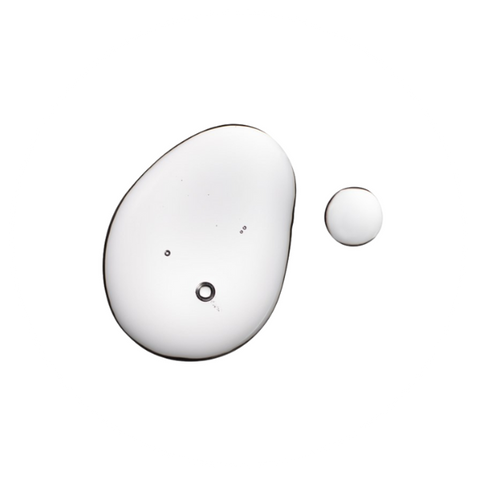
Understand the powerful anti-aging benefits of antioxidants and which antioxidants are best for your skin.
Learn More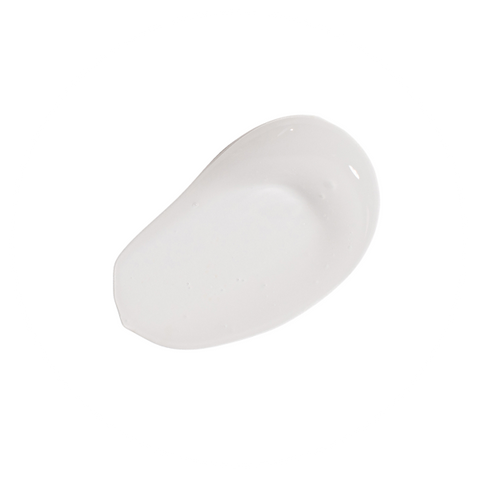
Here’s what you need to understand this powerful ingredient, and how hyaluronic acid can benefit your skin.
Learn More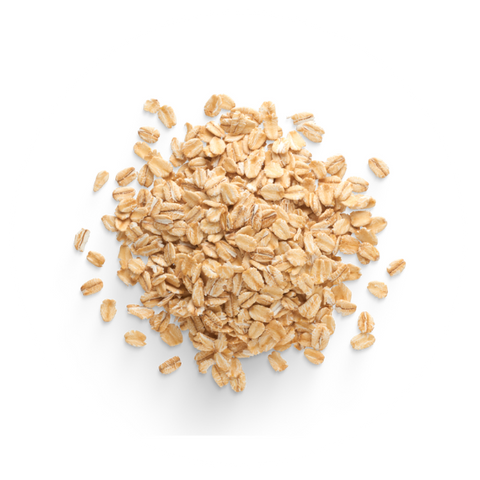
Explore how these nourishing natural ingredients can benefit your skin.
Learn More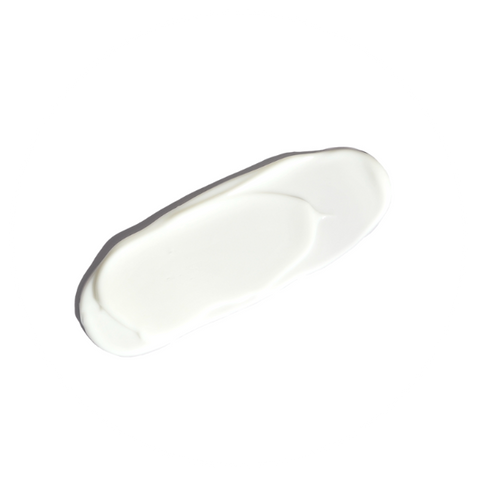
Understand how this sun-shielding superstar ingredient works and what zinc oxide can do for your skin.
Learn More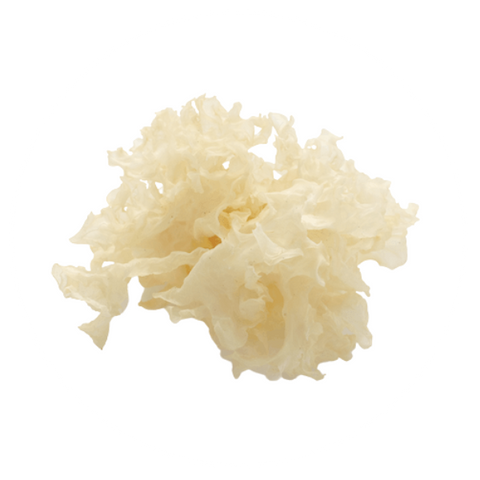
This skincare ingredient has science-backed benefits as one of the world’s most powerful anti-aging hydrators.
Learn More